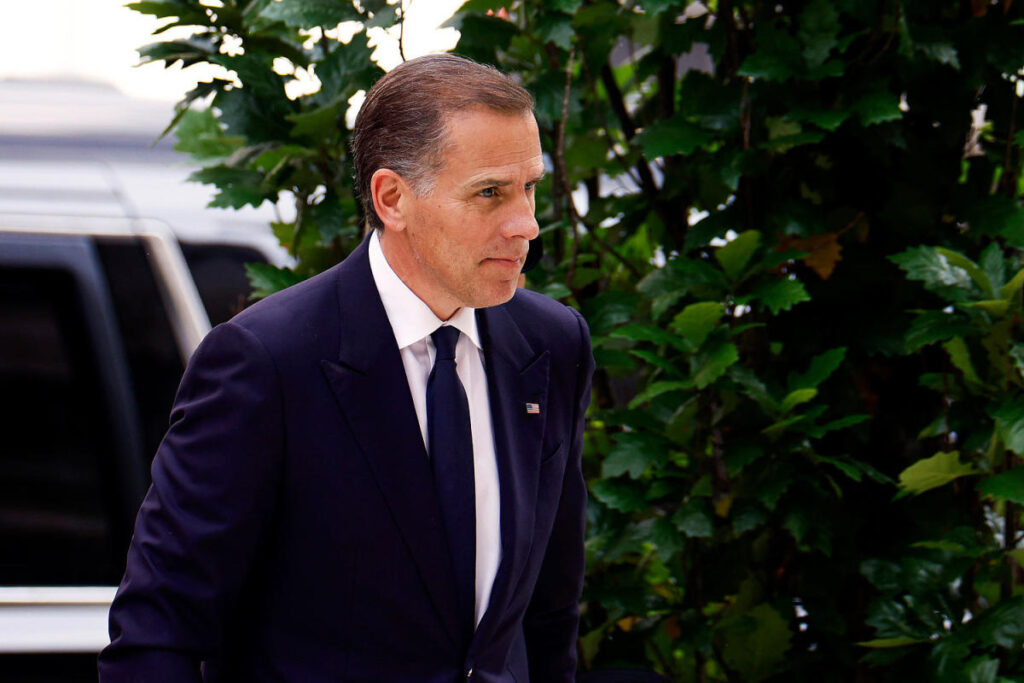On Monday, Special Counsel David Weiss’s office countered President Joe Biden’s allegations that the prosecution of his son, Hunter Biden, was politically motivated, labeling such assertions as “baseless.” In a court filing addressing Hunter Biden’s request to dismiss the California indictment following his father’s recent pardon, Weiss emphasized that several judges had already dismissed claims of vindictive prosecution made by the younger Biden. President Biden, in announcing the “full and unconditional” pardon, expressed his concern over what he regarded as “selectively” and “unfairly” conducted prosecutions against Hunter, a perspective he held despite his belief in the justice system.
Weiss’s office refrained from directly commenting on the president’s remarks but highlighted that Hunter Biden had filed multiple motions—eight in total—to dismiss the California indictment. All of these motions were found to lack merit by the courts. The filing stressed a significant observation: the court had previously ruled that Hunter’s arguments regarding vindictive and selective prosecution were unfounded since he provided no evidence to support these claims, affirmed by the absence of such evidence throughout the case.
The document also pointed out that similar claims made by Hunter in the Delaware case had been dismissed, with three different appellate court panels agreeing with those rejections. Weiss’s filing elaborated that a total of eleven judges, appointed by six different presidents—including Biden himself—had scrutinized and ultimately rejected Hunter Biden’s assertions concerning the prosecutorial motivations. This serves to underscore the thorough judicial examination and the broad consensus across various court levels regarding the legitimacy of the indictments against him.
In response to the pardon, Hunter Biden’s attorney, Abbe Lowell, contended that the presidential pardon should lead to an automatic dismissal of the indictment. However, Weiss argued in both California and Delaware filings that the issuance of a pardon does not typically warrant the dismissal of an indictment. The prosecution maintained that while Hunter had indeed received clemency from his father, this did not imply that the grand jury’s finding of probable cause for the charges should be negated or that the allegations of improper motives should prevail in court, as no judicial body had affirmed these claims.
The Delaware filing explicitly stated that mere accusations from the defendant—such as the assertion of selective prosecution—did not constitute substantial grounds for dismissing charges, especially considering the persistent lack of supporting evidence. The filing highlighted the judiciary’s consistent rejection of Hunter’s arguments, reinforcing the notion that the legal foundations for the charges remained intact despite the pardon.
Following Weiss’s filing, Lowell maintained that the presiding judge retained the discretion to dismiss the indictment. He stressed that no sentencing or judgment had been rendered in the case against Hunter Biden, which, according to him, justified a dismissal of the indictment with a note acknowledging the impact of the pardon. As a result, Hunter was facing scheduled sentencing in both cases later this month, amidst ongoing discussions regarding the implications of the presidential pardon on his legal troubles.

